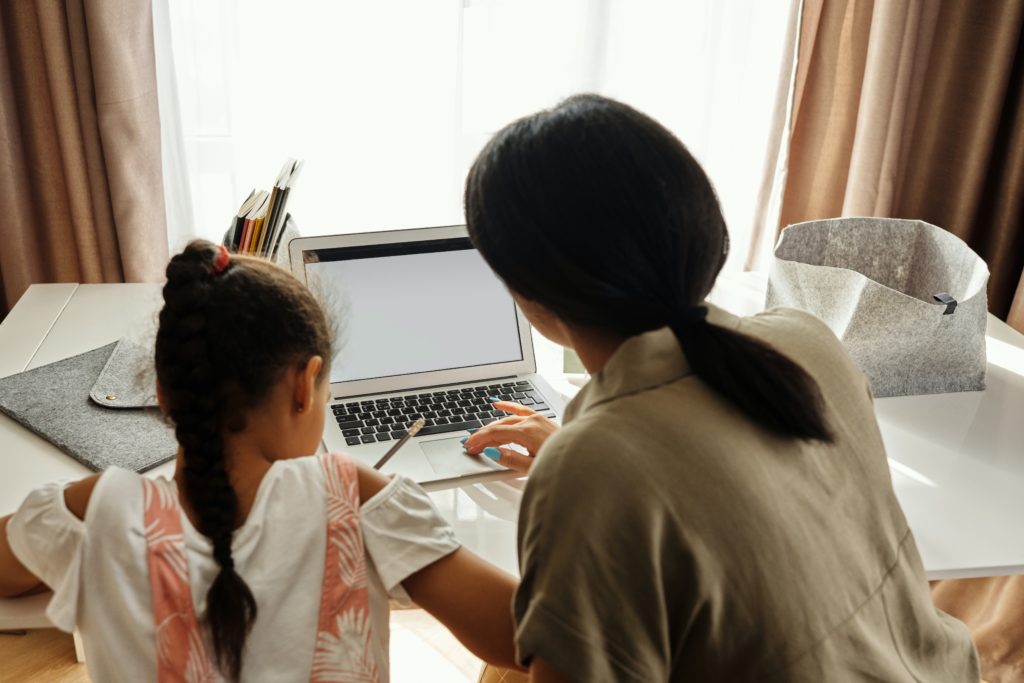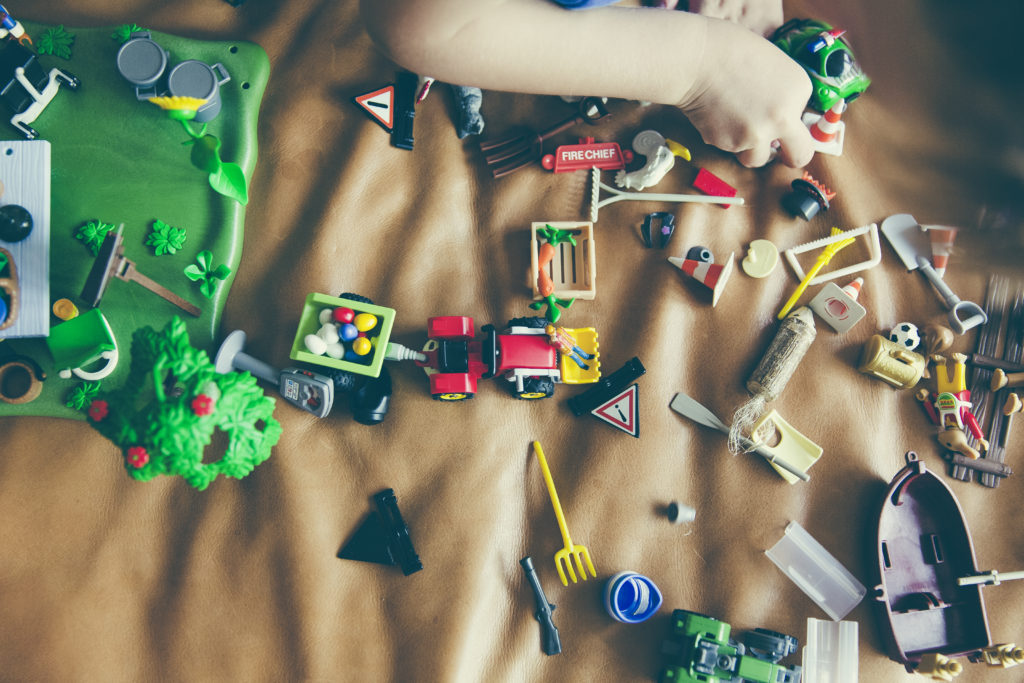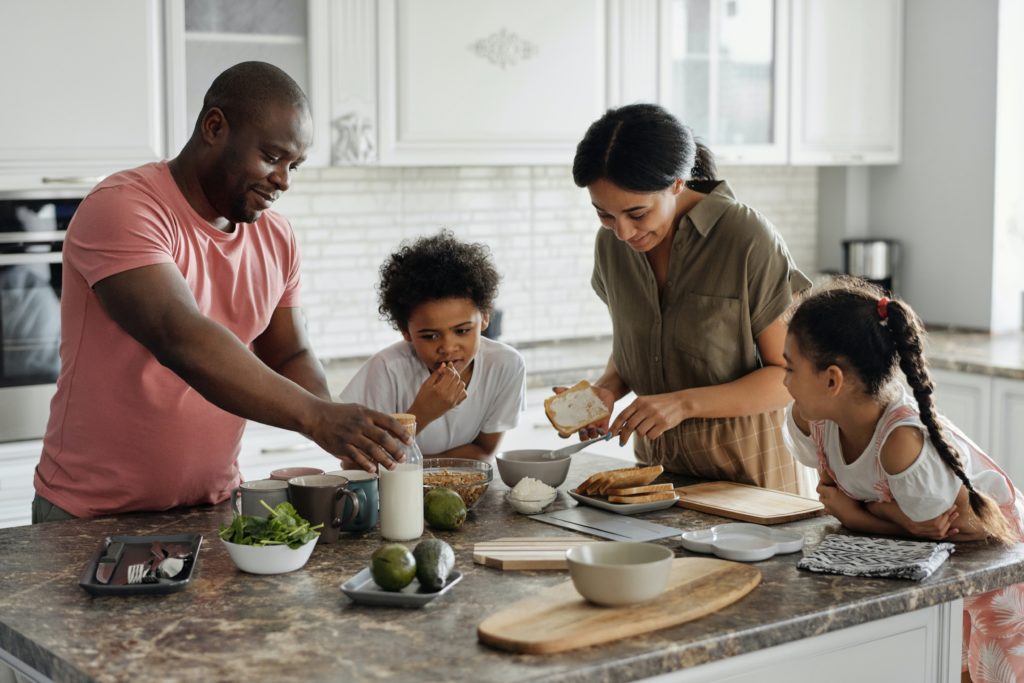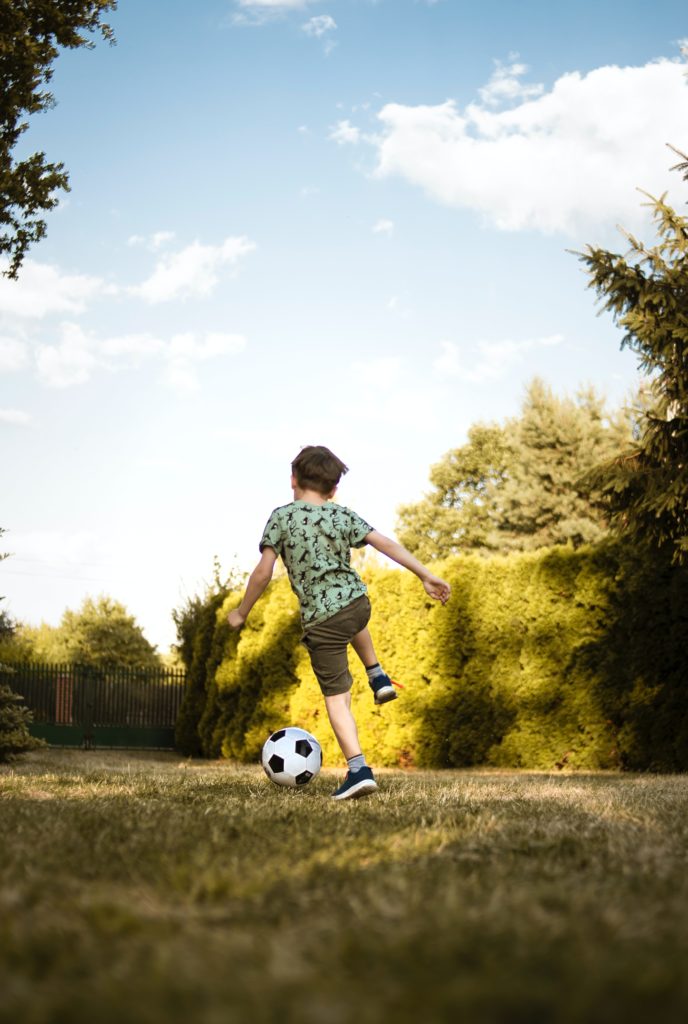Are Parents Teachers? By Kimberley Cooper

Working during the pandemic as a full-time primary class teacher and being a parent with two young children, I have come to reassess these important roles and the essential connections between them.
This feels especially relevant since my daughter’s and son’s bubbles were recently sent home due to cases of CV19 in the setting.
As a teacher in another school, I could not stay home to help with their learning. This left us with a big question!
How will we cope?
For the last few days, it has been down to my husband to ‘teach’ our children while also juggling his own working-from-home schedule.
Their school was brilliant and sent home tonnes of exciting learning so we were off to a good start… or so we thought.
After the first day, my husband asked if I could give him any hints or tips on helping with the kids’ learning at home. My first advice was ‘build on their interests’. He looked at me blankly, before responding:
“They like to run around the house screaming, scattering every single toy they own over every last surface and building sofa forts. This usually ends in a fight so then they play on the computers so I can get work done.”

Hmmm. Yeah, that does bring back some anxiety-inducing memories from the lockdown six months ago.
Pre-lockdown, the last time I had taught my own children was when they were babies/toddlers. What could I learn from this?
Truth be told, I was pretty much making it up as I went along. With that came a freedom to tap into my intuition, and to read the subtle clues my children were sending about their learning. It was all so new that I had to constantly reflect on what I was doing and why.
And the best bit? It was so much fun!
All those holistic learning experiences; singing and dancing, art and outdoor learning, sign classes, swimming – all focused around invoking joy and engagement for our children and us parents too!
Isn’t that a large part of what being a ‘teacher’ is?
There are a few obvious differences between those accounts and home-learning in a pandemic.
- Firstly, with a newborn, I could dedicate all of my time to my child’s wellbeing and learning, I wasn’t trying to fit this into my or my husband’s work schedule.
- Secondly, aside from general developmental guidelines I gleaned from friends or the internet, I wasn’t being expected to ‘fit’ my child’s learning to externally-set ‘objectives’ or a curriculum.
- Finally, we were not in self-isolation, so we had other people to socialise with and help with the stimulus for the learning.
So how is reflecting on those times helpful in this instance? The message here is..
Don’t be so hard on yourself!
As a parent, trying to juggle work, home-life AND engaging in our children’s education is overwhelming and often feels like a thankless task!
Take a step back from their ‘curriculum’ learning and focus on all the positives you ARE providing… food that nourishes them, a loving safe home, the warmth of a cuddle, the stories you read with them, and if nothing else, a love of film and gaming ;)!

So are parents teachers?
For me the answer is yes, of course, and not just for those who choose to home-school. If we appreciate that teaching is helping others to develop an understanding of themselves and the world around them, then this comes with the territory when we become parents. So take reassurance from that and also the following:
Teaching at school and teaching at home in a pandemic are two VERY different things!
- Teachers are managing a group of children who come together for the express purpose of learning. At home, our families and relationships have many more purposes. Do not try to run a school from home, instead create a family environment that embraces learning.
Most importantly, please remember:
- You don’t need to follow the National Curriculum to offer a meaningful educational experience. As the great John Dewey reminds us:
“Education is not a preparation for life. Education is life itself”
John Dewey
No matter our ‘position’ in this important topic, let’s give ourselves permission to tap back into who our children are as individuals. Their interests and needs will have changed since they were babies/toddlers for sure, but their interest in YOU being involved won’t have and who knows… they may be able to teach you a thing or two?!
It will only take them a nano-second to re-engage with their inner holistic learner and their absolute favourite teacher and co-learner.
(Psst, that’s you!).
How do I help my children at home?
There are some amazing free learning resources out there, especially since lockdown and I would advise searching for STEAM or STEM challenges as these hold great motivating ‘hooks’ to get the kids excited.
The parents in my children’s school have also been sharing some incredible learning ideas in our whatsapp group – what has been working for our children, what not so much. It serves as a brilliant shared source of inspiration.
In addition to those mentioned, here are some other hints, tips and strategies that I use and have also now shared with my husband!
Start with your child’s natural interests: what does this mean in practice?

Simply taking 10 minutes two times a day to fully engage in whatever it is children want to do… be it a puzzle (can they make their own?), a game of football (how many keepie uppies can you do, can you measure a pitch or invent a new one player game?), small-world role play (using old delivery packaging to design and make a space station, home for insects, a fort), or simply an extra 30 mins supervised playing in the bath in the morning (one of my school mums gave me this one!).
The additional plus side is that for many of these experiences they choose to continue or come back to them independently at a later stage.
And if you want to link back to the National Curriculum then do! It is free to access here: English Primary National Curriculum
Focus on developing ‘human’ skills, not just remembering information.
Learning and teaching is more than remembering information or bodies of knowledge. Learning how to negotiate, problem-solve, critically reflect, communicate, empathise and self-regulate, are all meaningful life-changing and life-enhancing skills.
So be proud of your child for negotiating that extra 10 minutes watching their favourite film or working out how to disassemble the sofa and create a fort from it!
Ask questions and tap into their natural curiosity in the world.
If you are feeling proactive yourself, create a context for their learning. For example, once you re-engage with what makes your child ‘tick’, offer challenges around that, such as ‘start your own business selling/building/creating…’ or ‘design and make a machine that….’, or even simply ask questions such as ‘I wonder what would happen if gravity didn’t work anymore’ or ‘we all had to move to space…’
Kimberley Cooper is a teacher, Forest Schools leader and educational consultant at Holistic Learning. You can read more about her in our interview in the Voices section.

